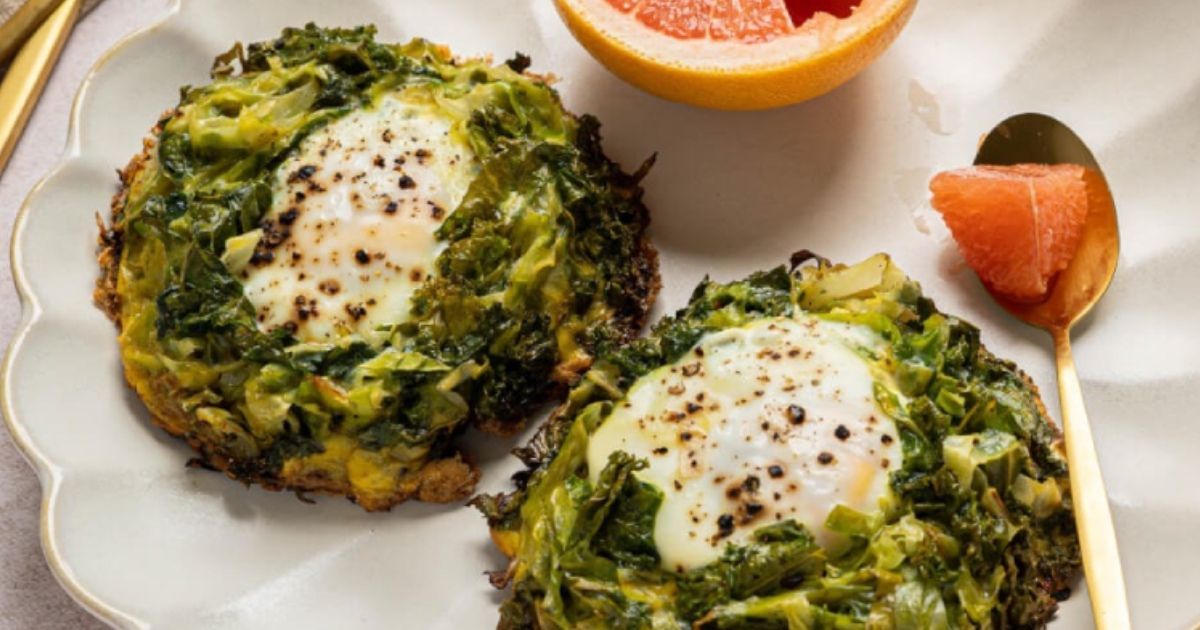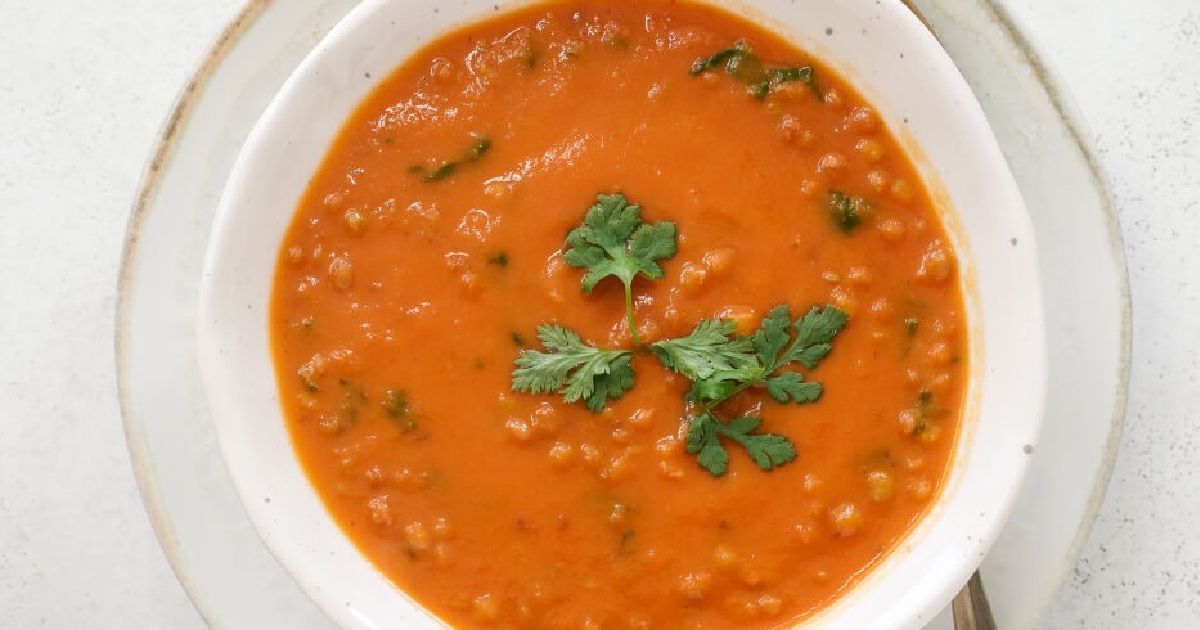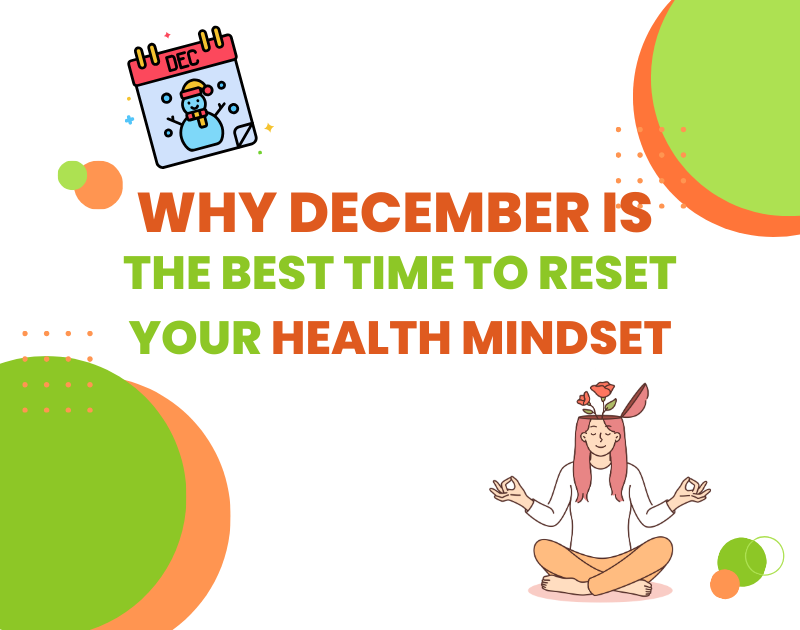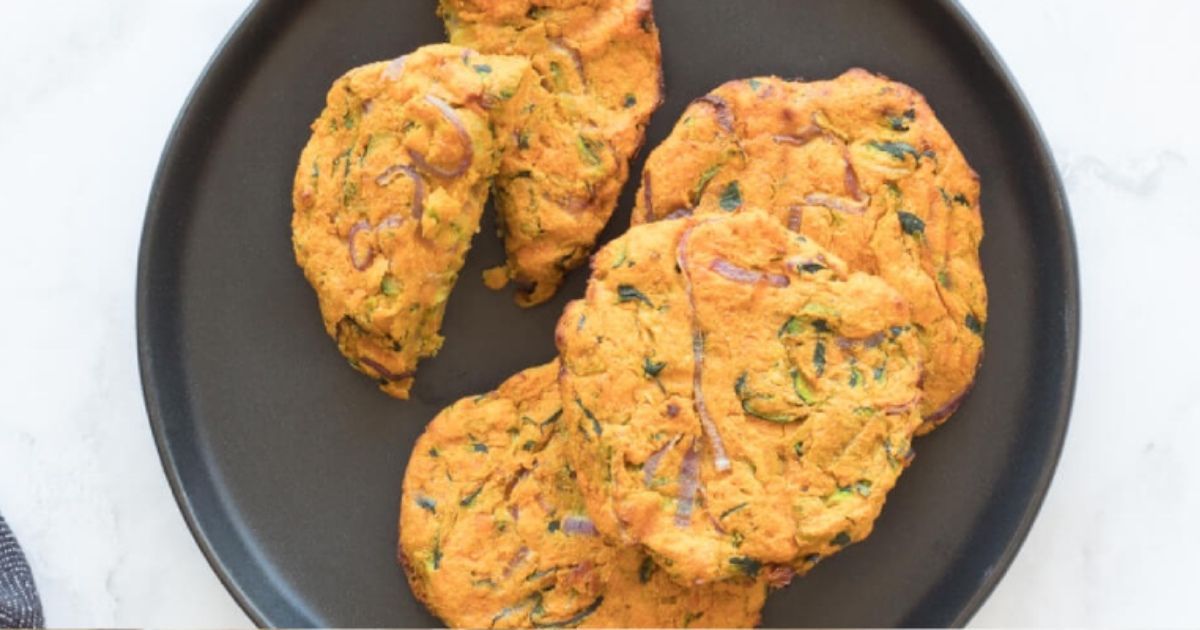Gluten Mysteries Unveiled: The Unexpected and the Naturally Safe
Explore the world of gluten-free living with this guide where we identify often overlooked gluten-containing products and shine a light on surprising, naturally gluten-free alternatives. Whether you're starting a gluten-free lifestyle or looking to expand your dietary choices, understanding what to avoid and what to enjoy can significantly enhance your health and well-being.
Here are some products that commonly contain gluten and should be avoided if following a gluten-free diet:
Common Gluten-Containing Products:
1. Wheat-based Products:
Bread, pasta, cereals, crackers, and flour tortillas.
2. Barley-based Foods:
Malt, malt vinegar, and certain cereals or soups.
3. Rye Products:
Rye bread, crackers, and rye-based cereals.
4. Baked Goods:
Cakes, cookies, muffins, and pastries often contain wheat flour.
5. Beer and Ale:
Most are brewed with barley or wheat unless labeled gluten-free.
6. Soy Sauce:
Many contain wheat, so opt for gluten-free Tamari or other alternatives.
7. Processed Meats:
Some sausages, hot dogs, or deli meats can contain gluten fillers.
8. Certain Dressings and Sauces:
Gravies, soy sauces, marinades, and salad dressings may use gluten-containing thickeners.
There are many naturally gluten-free foods and products that people often overlook. Here are
some that might surprise you:
Naturally Gluten-Free Products:
1. Buckwheat:
Despite its name, buckwheat is not related to wheat and is gluten-free. It can be used in dishes like soba noodles (verify gluten-free label), pancakes, or porridges.
2. Quinoa:
This seed is packed with protein and is a fantastic alternative to grains that contain gluten.
3. Teff:
A staple in Ethiopian cuisine, teff is a gluten-free grain that can be used in breads, porridge, and baking.
4. Millet:
Often used in birdseed, millet is an ancient grain that is naturally gluten-free and versatile in many recipes.
5. Amaranth:
Another seed often mistaken for a grain, amaranth can be used in soups, stews, or even as a porridge.
6. Cornmeal (Polenta):
Regular polenta is naturally gluten-free, but always check labels as cross-contamination can occur.
7. Arrowroot Flour: Often used as a thickening agent, arrowroot is a great alternative to cornstarch and is naturally gluten-free.
8. Tapioca:
Derived from cassava root, tapioca is gluten-free and used in recipes like puddings and as a thickener.
Gluten-Free (Unexpected) Processed Products:
1. Soy Sauce Alternatives (Tamari):
While traditional soy sauce often contains wheat, Tamari is a Japanese sauce that is made without wheat and is gluten-free.
2. Rice Paper:
Used for making spring rolls, rice paper is gluten-free and an excellent alternative to wheat-based wraps.
3. Vermicelli (Rice Noodles):
These noodles are made from rice and are completely gluten-free.
4. Sorghum Syrup: Sorghum is a gluten-free grain, and its syrup is a wonderful natural sweetener.
5. Certain Cereals (Rice and Corn-Based):
Many cereals are made with gluten-free ingredients like corn or rice but always check for cross-contamination warnings.
6. Popcorn:
Although it might seem obvious, some brands season or package their popcorn with gluten-containing additives. Pure popcorn is gluten-free and a great snack.
7. Cheese and Dairy Products:
Plain dairy products are typically gluten-free. However, processed or flavored cheeses can contain gluten, so it's worth checking labels.
8. Coconut Aminos: This is a soy sauce alternative made from the sap of coconut blossoms. It’s naturally gluten-free and low in sodium.
If you're exploring gluten-free products for yourself or clients, remember to always check labels
for any potential cross-contamination or additives that could introduce gluten.
Navigating a gluten-free diet can be straightforward and rewarding when you know where to look. From hidden sources of gluten to a plethora of natural, delicious substitutes, I hope this blog helps you to make informed dietary decisions. Keep a vigilant eye on labels for hidden gluten and cross-contamination to confidently enjoy a diverse, healthy, and gluten-free diet.









